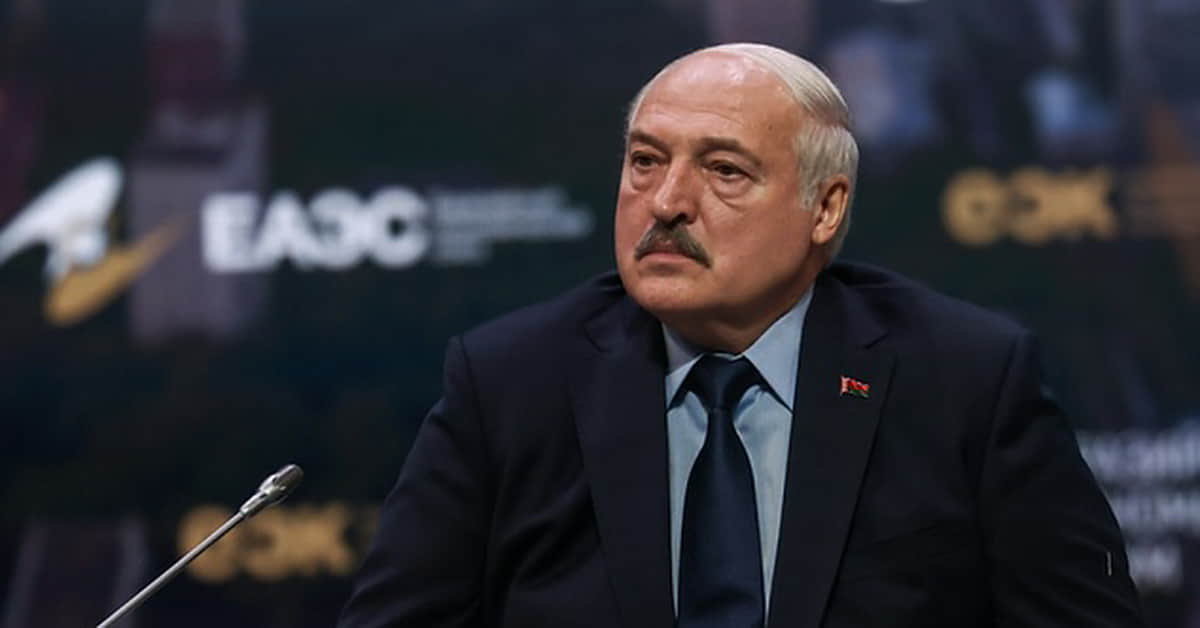For what crimes could The Hague issue a warrant for Lukashenko

The last three months have been atypical for Lukashenko's Belarus. For the first time since 2020, the regime has shown a willingness to be more constructive and has sent signals to Western capitals about its readiness to engage in political dialogue. Despite this, the response from Western countries remains cautious.
And some players have chosen to raise the stakes. This primarily concerns Lithuania, which has submitted materials to the International Criminal Court (ICC) regarding the involvement of Belarusian leadership in crimes against humanity, as well as Poland, which has publicly supported Lithuania's move. Read more about the potential consequences of this precedent in the article by Pavlo Radia and Yaroslav Chornohor, Foreign Policy Council Ukrainian Prism - The Hague for Lukashenko: What the accusations of the Belarusian dictator in international crimes mean.
Advertisement: Lithuania's current appeal to the ICC does not mean that an investigation process has started automatically. Last year, Pavel Latushko, a Representative for the Transfer of Power in the United Transitional Cabinet of Sviatlana Tsikhanouskaya, and Lithuanian Foreign Minister Gabrielius Landsbergis submitted evidence to the ICC three times regarding Lukashenko's and his close associates' involvement in the illegal deportation of children from occupied Ukrainian territories.
However, the ICC has yet to begin an investigation. Nevertheless, Lithuania's initiative has achieved some success. Even the preparation for submitting documents to the ICC has caused considerable concern among Belarusian officials.
Alexander Lukashenko publicly stated that he is aware of Lithuania's plans to initiate an ICC process to hold him accountable and "remove him from the agenda." Belarusian Foreign Minister Maksim Ryzhenkov published an article expressing Minsk's willingness to consult with Lithuania about restoring normal neighbourly relations and contacts between border officials. Vilnius's response to these overtures was unforgiving.
The Lithuanian Foreign Ministry stated that conditions for normalising relations include the release of all political prisoners, compensation for all Belarusian citizens who suffered from repression and the prosecution of those responsible for violence. At the moment, it is difficult to predict whether an investigation will begin and if its results will be sufficient to issue an arrest warrant for the Belarusian dictator. But if it does start, it could take years.
It is clear that Minsk fears a potential investigation and its consequences, as the possible issuance of an arrest warrant for Lukashenko would significantly distance the regime from the possibility of more constructive interaction with Western countries. This primarily concerns political and reputational damage. Unlike Putin, Lukashenko is a much less influential and important figure on the global political stage, so the start of such a process could become a serious obstacle for Western capitals to resume dialogue with Minsk.
Alexander Lukashenko will need to demonstrate a willingness to make more serious concessions and provide Western counterparts with guarantees that will allow them to believe in the sincerity of the Belarusian authorities' statements.
If you notice an error, select the required text and press Ctrl + Enter to report it to the editors.